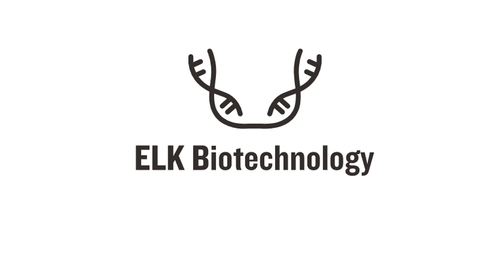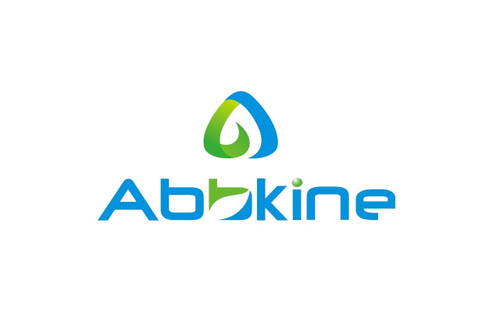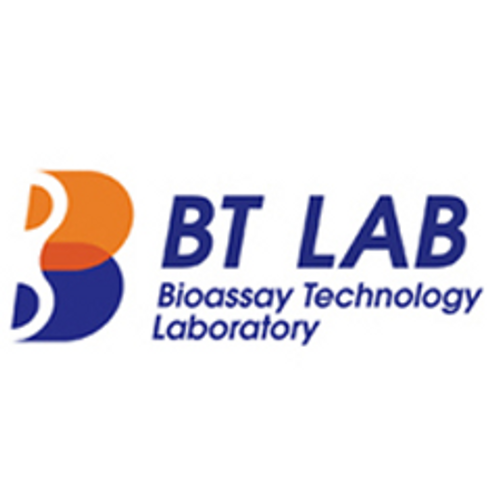Product Description
Rat Thymic stromal lymphopoietin (TSLP) ELISA Kit | AE13097RA | Abebio
Species Reactivity: Rat (Rattus norvegicus)
Abbreviation: TSLP
Alternative Name: N/A
Application: ELISA
Range: 15.6-1000 pg/mL
Sensitivity: 5.7 pg/mL
Intra-Assay: ≤4.8%
Inter-Assay: ≤11.6%
Recovery: 0, 9
Sample Type: Serum, Plasma, Other biological fluids
Detection Method: Sandwich
Analysis Method : Quantitive
Test Principale: This assay employs a two-site sandwich ELISA to quantitate TSLP in samples. An antibody specific for TSLP has been pre-coated onto a microplate. Standards and samples are pipetted into the wells and anyTSLP present is bound by the immobilized antibody. After removing any unbound substances, a biotin-conjugated antibody specific for TSLP is added to the wells. After washing, Streptavidin conjugated Horseradish Peroxidase (HRP) is added to the wells. Following a wash to remove any unbound avidin-enzyme reagent, a substrate solution is added to the wells and color develops in proportion to the amount of TSLP bound in the initial step. The color development is stopped and the intensity of the color is measured.
Product Overview: Translin is a DNA-binding protein which specifically recognizes conserved target sequences at the breakpoint junction of chromosomal translocations. Translin polypeptides form a multimeric structure that is responsible for its DNA-binding activity. Recombination-associated motifs and translin-binding sites are present at recombination hotspots and may serve as indicators of breakpoints in genes which are fused by translocations. These binding activities may play a crucial role in chromosomal translocation in lymphoid neoplasms.DNA-binding protein that specifically recognizes consensus sequences at the breakpoint junctions in chromosomal translocations, mostly involving immunoglobulin (Ig) /T-cell receptor gene segments.
Stability: The stability of ELISA kit is determined by the loss rate of activity. The loss rate of this kit is less than 5% within the expiration date under appropriate storage condition. The loss rate was determined by accelerated thermal degradation test. Keep the kit at 37°C for 4 and 7 days, and compare O.D.values of the kit kept at 37°C with that of at recommended temperature. (referring from China Biological Products Standard, which was calculated by the Arrhenius equation. For ELISA kit, 4 days storage at 37°C can be considered as 6 months at 2 - 8°C, which means 7 days at 37°C equaling 12 months at 2 - 8°C) .
 Euro
Euro
 USD
USD
 British Pound
British Pound
 NULL
NULL












